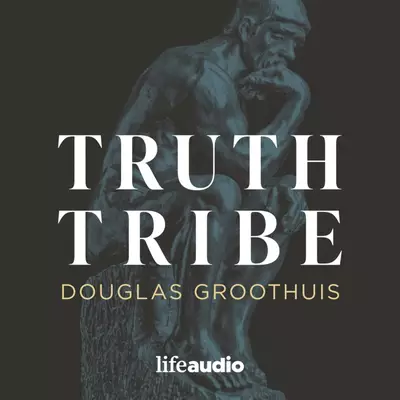A Royal Ruin: Pascal's Argument from Humanity to Christianity
The Bible is God's anthropology rather than man's theology.
— Abraham Joshua Heschel
We humans often puzzle over our own humanity, scanning our heights and our depths, wondering about and worrying over the meaning of our good and our evil. No other animal reflects on its species like this. Here, and in so many other ways, we stand unique among living creatures. Why does such evil strike so hard and so erratically? And what explains our greatness in thought and action? Blaise Pascal writes:
“What sort of freak then is man! How novel, how monstrous, how chaotic, how paradoxical, how prodigious! Judge of all things, feeble earthworm, repository of truth, sink of doubt and error, the glory and refuse of the universe!”
Blaise Pascal answered this be appealing to our greatness as made in God’s image and our wretchedness because of the fall and our sinfulness.
“Man's greatness and wretchedness are so evident that the true religion must necessarily teach us that there is in man some great principle of greatness and some great principle of wretchedness."
In the context of surveying human greatness and misery in many dimensions of life, Pascal says: "It is the wretchedness of a great lord, the wretchedness of a dispossessed king." He further writes:
“Know then, proud man, what a paradox you are to yourself. Be humble, impotent reason! Be silent, feeble nature! Learn that man infinitely transcends man, hear from your master your true condition, which is unknown to you. Listen to God.”
The biblical account of our creation and fall best fits the facts of human reality. However, we must "listen to God" — that is, attend to what God has spoken in the Bible — to discover this liberating truth.
Pascal further counsels us that the biblical account reveals that there is a Redeemer for royal ruins — Himself, a King, who became a man in order to rescue those who are "east of Eden" and standing at the brink of eternity. Pascal says that in Him we find hope for our deposed condition: "Jesus is a God whom we can approach without pride and before whom we can humble ourselves without despair." Though we are royal ruins, we can find total forgiveness, redemption, and eternal life through the one who truly understands our condition. (See John 3:16-18; 10:10; and Romans 5:1-8.)
For more on Pascal’s thought, see Douglas Groothuis, Beyond the Wager: The Christian Brilliance of Blaise Pascal (InterVarsity—Academic, 2024).
Discover more Christian podcasts at lifeaudio.com and inquire about advertising opportunities at lifeaudio.com/contact-us.

Website: https://www.DouglasGroothuis.com
